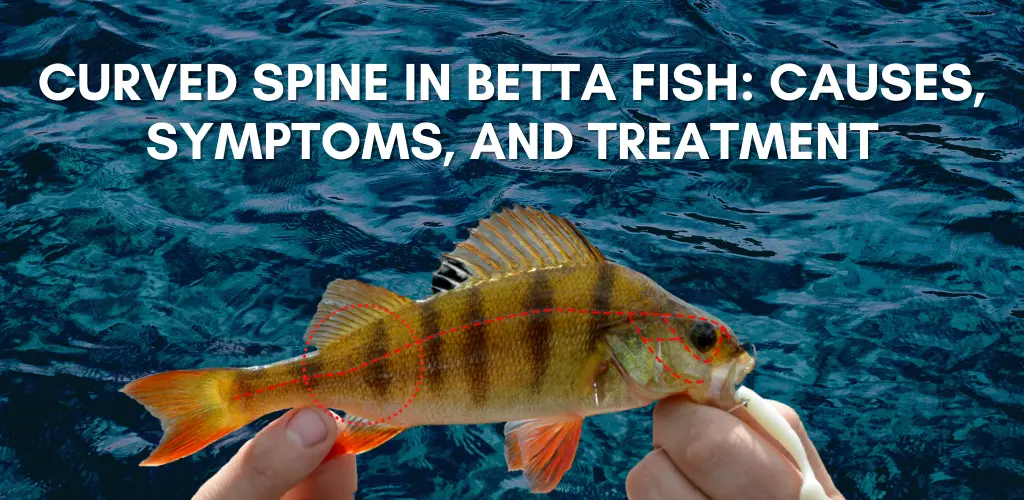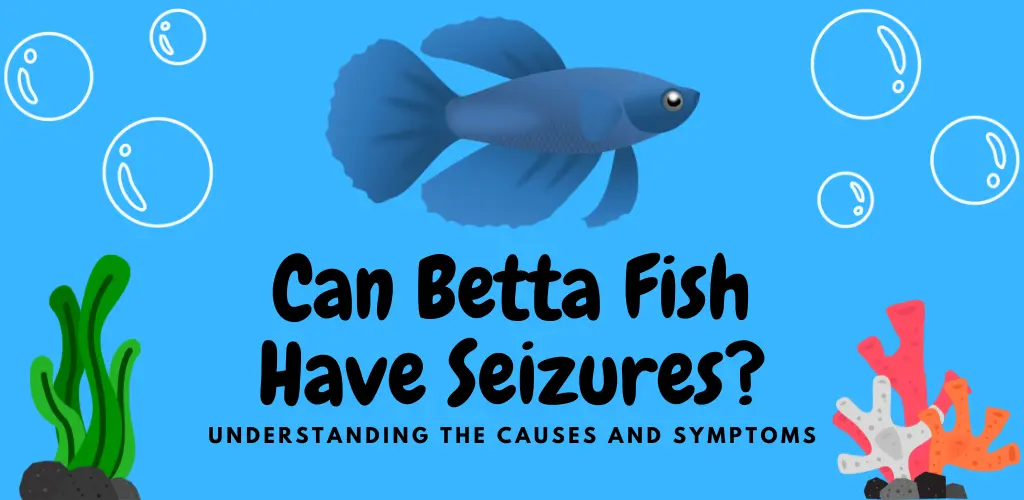Betta fish, also known as Siamese fighting fish, are popular pets due to their vibrant colors and unique personality. However, betta fish can sometimes develop health problems, including a betta curved spine also known as betta scoliosis. This article will discuss the causes, symptoms, and treatment options for curved spines in betta fish.
Causes of Curved Spine in Betta Fish
There are several possible causes of a curved spine in betta fish, including:
Genetics
Some betta fish are genetically predisposed to developing a curved spine. This congenital condition is present from birth and cannot be prevented.
Poor nutrition
Betta fish require a balanced diet that includes a variety of protein sources, such as live or frozen food. If a betta is not getting enough nutrients, it may develop a curved spine.
Poor water quality
Betta fish are sensitive to their environment and can be affected by poor water quality. If the water in the tank is not adequately maintained, it can lead to various health problems, including a curved spine.
Trauma
Betta fish can develop a curved spine if they experience trauma, such as being dropped or bumped into something.
Tuberculosis
TB is a bacterial infection that can affect many animals, including betta fish. Betta TB can cause various symptoms, including a curved spine, also known as scoliosis.
The bacteria that cause TB, called Mycobacterium tuberculosis, can infect the bones and tissues of betta fish, leading to inflammation and tissue damage. This can cause the spine to become curved or distorted, leading to the development of scoliosis.
In addition to a curved spine, betta fish with TB may exhibit other symptoms such as weight loss, lethargy, and difficulty breathing. TB can also cause internal organ damage, which can be life-threatening.
If you suspect your betta fish may have TB, it is essential to seek veterinary care as soon as possible. Treatment for TB in betta fish typically involves antibiotics, and early treatment can help improve the chances of a full recovery.
Symptoms of Curved Spine in Betta Fish
The most obvious symptom of a curved spine in betta fish is, of course, a curved spine. However, there are other symptoms to look for as well:
- Difficulty in swimming: A betta with a curved spine may have difficulty swimming or may swim in a curved or twisted pattern.
- Loss of appetite: If a betta is experiencing pain or discomfort due to a curved spine, it may lose its appetite.
- Lethargy: A betta with a curved spine may appear lethargic or inactive.
Betta Curved Spine Treatment

If you suspect your betta has a curved spine, it is crucial to take it to a veterinarian as soon as possible. A veterinarian can diagnose the cause of the curved spine and recommend the appropriate treatment. Treatment options may include:
- Medications: Depending on the cause of the curved spine, a veterinarian may prescribe medications to help alleviate the condition.
- Physical therapy: Physical therapy, such as exercise or stretching, may be recommended to help straighten the spine.
- Surgery: In severe cases, surgery may be necessary to correct a curved spine.
Betta Fish Spine Curving Prevention
There are several steps you can take to prevent a curved spine in your betta fish:
- Provide a balanced diet: Make sure your betta is getting a balanced diet that includes a variety of protein sources.
- Maintain good water quality: Keep the tank clean and well-maintained to prevent various health problems, including a curved spine.
- Handle with care: Be careful when handling your betta to prevent injury or trauma.
- Use a tank with adequate space: Betta fish need plenty of room to swim and exercise. Make sure the tank is large enough for your betta to move around comfortably.
By understanding the causes, symptoms, and treatment options for curved spines in betta fish, you can help ensure the health and well-being of your beloved pet. If you suspect your betta has a curved spine, it is crucial to seek veterinary care as soon as possible to get the proper treatment and support.
Can Humans Catch Tuberculosis from their Betta Fish?

It is generally not possible for humans to catch tuberculosis (TB) from betta fish or other pets. TB is a bacterial infection that primarily affects humans and other mammals, and it is typically transmitted through the air when an infected person coughs, sneezes or talks.
While it is theoretically possible for a person to contract TB through contact with an infected animal, this is generally not considered a significant risk. In fact, the World Health Organization (WHO) states that “the risk of transmission of TB from animals to humans is generally considered to be low.”
If you are concerned about the risk of contracting Betta TB from your betta fish or other pets, it is essential to remember that good hygiene practices can help prevent the transmission of infections. This includes washing your hands regularly and avoiding close contact with sick animals. If you have a compromised immune system or are at increased risk of contracting TB, it is a good idea to talk to your healthcare provider about any potential risks and how to reduce them.
Conclusion
In conclusion, betta fish can develop a curved spine, also known as scoliosis, due to various causes, including infection with the bacteria that cause tuberculosis (TB). Other potential causes of scoliosis in betta fish include genetic predisposition, injury, and environmental factors.
Betta fish with scoliosis may exhibit various symptoms, including difficulty swimming, weight loss, and lethargy. If you suspect your betta fish may have scoliosis, it is important to seek veterinary care as soon as possible. Early treatment can help improve the chances of a full recovery.
Treatment for scoliosis in betta fish will depend on the underlying cause. Still, it may include antibiotics to treat infections, supportive care to help manage symptoms, and addressing any underlying environmental or nutritional factors contributing to the condition. Understanding the causes and symptoms of scoliosis in betta fish and seeking appropriate treatment can help your fish recover and maintain a healthy, happy life.
Frequently Asked Questions
Q: Can Betta Curved Spine be caused by overfeeding?
A: Overfeeding can contribute to the development of swim bladder disease, which can lead to Betta Curved Spine. When fish are overfed, they may consume too much food, leading to constipation and other digestive issues that can damage the swim bladder and ultimately cause spinal curvature.
Q: How long does it take to cure Betta’s Curved Spine?
A: The time it takes to cure Betta Curved Spine varies depending on the severity of the condition and the effectiveness of the treatment. Mild cases may respond well to treatment within a week or two, while more severe cases may require several weeks or months of treatment and care.
Q: Can Betta Curved Spine be prevented with medication?
A: There are no medications specifically designed to prevent Betta Curved Spine, but you can use medications to treat underlying infections that may lead to the condition. Maintaining a clean and stable aquatic environment and feeding a high-quality diet are the most effective ways to prevent Betta Curved Spine.
Q: Can Betta Curved Spine be contagious to other fish?
A: Betta Curved Spine itself is not contagious, but the underlying infections that can cause the condition can be. If a fish with swim bladder disease is kept in a tank with other fish, it is important to isolate the infected fish and treat it separately to prevent the spread of the disease.




Pingback: Does Betta Fish Food Expire? - Betta Fish Advice
Pingback: Can Betta Fish Have Seizures? Understanding The Causes And Symptoms
Pingback: How To Cure Diamond Eye In Betta Fish? Beginner's Guide - Betta Fish Advice
Pingback: Can Betta Fish Eat Ants? Explained - Betta Fish Advice
Pingback: How To Treat Velvet In Betta Fish? Complete Guide - Betta Fish Advice